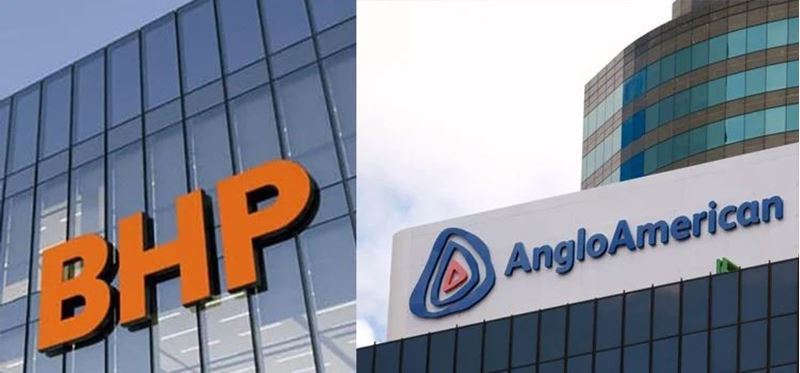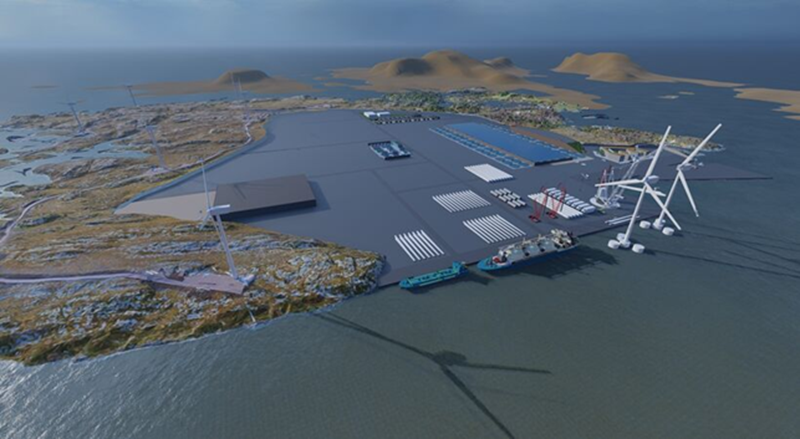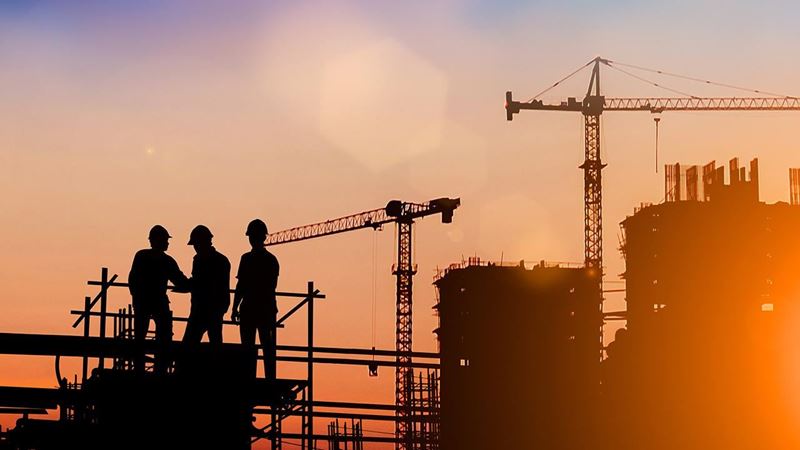The 8% rise in rebar prices in the UAE during the first quarter of 2024 reflects a significant shift in the construction materials market. This increase can be attributed to several factors, each influencing the supply and demand dynamics within the industry.
The average rebar price during this period was approximately 2,745 dirhams per ton. This is in comparison to the average of 2,538 dirhams per ton for the same period in 2023.
In January 2024, prices reached 2,680 dirhams per ton, followed by a range around 2,734 dirhams per ton in February, and finally settling at 2,745 dirhams per ton in March.
Rebar prices in the UAE experienced fluctuations throughout 2023. They ended the year with a 1.6% increase during the months of December and November, reaching 2,260 dirhams per ton.
In contrast, prices recorded a 6.5% decrease in September 2023, compared to August and July. However, they rebounded in subsequent months.
Notably, during April 2023, prices surged by 21% to 3,120 dirhams per ton, driven by the crisis in Ukraine. March 2023 also saw a 4% increase compared to February and January.
The rise in rebar prices can be attributed to factors related to supply and shipping lines. The high cost of shipping and logistical challenges impacted the overall pricing.
Opportunities for the availability of basic raw materials used in the construction and building materials industry played a role. These materials became more critical due to global geopolitical conditions.
The crisis in Ukraine, which began in late February, also influenced the market dynamics and contributed to price fluctuations.
One key factor contributing to the price surge is the sustained growth in construction activity across the UAE. The country continues to invest heavily in infrastructure projects, real estate developments, and mega-projects like Expo 2020, which drive up the demand for construction materials, including rebar. As construction activity intensifies, suppliers may struggle to keep up with the rising demand, leading to upward pressure on prices.
Fluctuations in global steel prices, trade policies, and supply chain disruptions may all play a role in driving up costs for construction materials, including rebar. Economic recovery in major markets, such as China and the United States, may increase competition for steel resources on the international market, further contributing to price hikes.









Comments
No comment yet.